It’s that time of year
As exam season commences, this is a great read from Andy Mellor, reprising his talk at last week’s Schools and Academies Show about the importance of prioritising wellbeing at this time of year. It offers three very important takeaways.
Mellor talks about the emphasis on outcomes and how much this contributes to stress felt throughout the school community. A teacher feels stressed by the pressures of delivering; This has a knock-on effect on students. Students carry that stress and the stress of having to sit exams home and families are affected too.
Mellor suggests that schools create a culture where students can vocalise that they feel overwhelmed and ultimately, feel less intimidated by the season. It would also bode well for parents to support driving down stress levels by encouraging success but detaching from the outcome.
The most prominent point made for me was Mellor’s call out to governors. Questioning whether we know how our CEO/head is doing and how often does their wellbeing reach the agenda. As a chair of governors who has regular one-to-one catch ups with my headteacher, I try to make conscious efforts to check in and see how their wellbeing is doing.
Governor hub has a great resource on supporting headteacher/CEO wellbeing but I always wonder, could I do more? With the huge responsibility of spearheading the ship, I recognise it’s probably not often that our leaders are asked by the community: So how are you, and we mean how are YOU? Not school, strategic priorities or what’s occurred recently…but how are YOU doing?
Like Mellor says, we must not forget that our leaders are human too.
Swallowing the frog
Continuing this conversation’s theme of wellbeing, how often do we tackle difficult tasks and then get stuck tackling more difficult tasks? I know I have and I never considered that, perhaps, making more conscious efforts to do enjoyable things could provide the balance I needed.
Jenny Swift perfectly sums up the problem with the leadership adage of swallowing the frog, ie. doing the hardest tasks first. School leaders, she says from experience, rarely get to finish their to-do list, so all tasks end up being frogs.
One point that resonated with me was a reference to I didn’t do the thing today – Letting go of productivity guilt. The book’s author, Madeleine Dore, suggests that we commence the day eating clotted cream: Starting with something nice rather than delayed gratification could really change the scope of the day.
While a sweet treat might not suit everyone, I do agree with the sentiment. Having a pick-me-up (like, in Jenny’s case, greeting children at the front gate) can truly brighten our day.
Emotibookmark this
Last on my list this week, I’d like to highlight a news and blog post about research conducted by the University of Northampton and year 5 and 6 researchers to create tools to help children identify and track their emotional wellbeing.
One tool to come out of the research is a book called Emotibook, which covers key ways students can express and understand their emotions through methods such as games, creativity and language.
The research aimed to empower children to be subject matter experts about their own lives, develop research skills in primary school students and design early interventions to support young people’s mental health. Having been a peer researcher in my teens, I understand the empowerment this brings. Being able to do so at such a young age is truly incredible.
With the ever-growing mental health crisis among children and young people, tools like Emotibook could reshape how adults perceive and handle children’s emotions. More importantly, it’ll be a great tool to help children recognise and express their emotions and hopefully be a foundation to creating good coping mechanisms.
Congratulations to all involved. I sincerely hope that Emotibook becomes available for other schools across the country to purchase and use in the future.
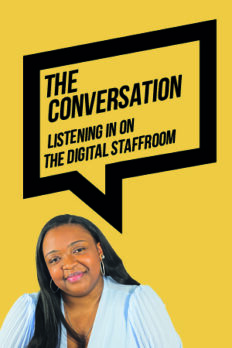
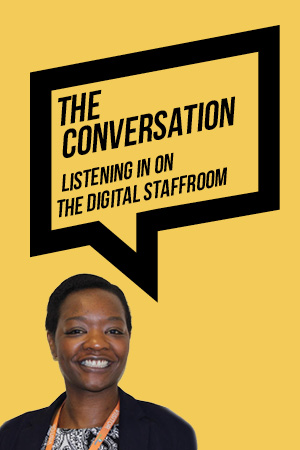
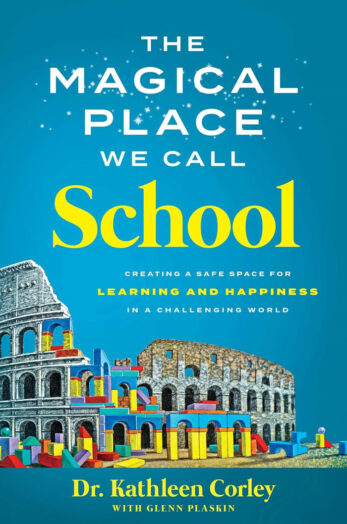
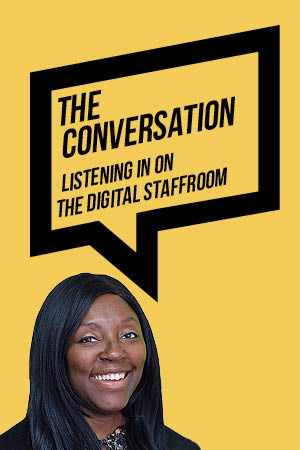

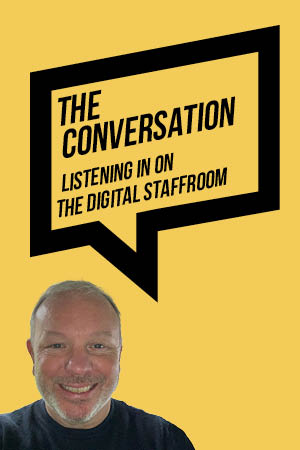
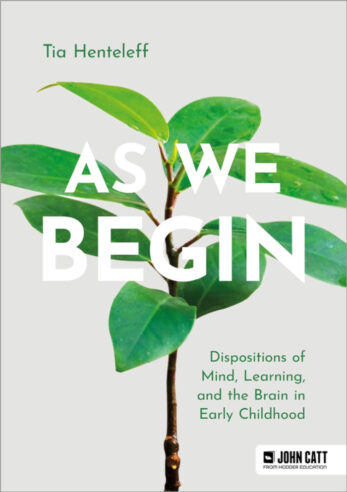

Your thoughts